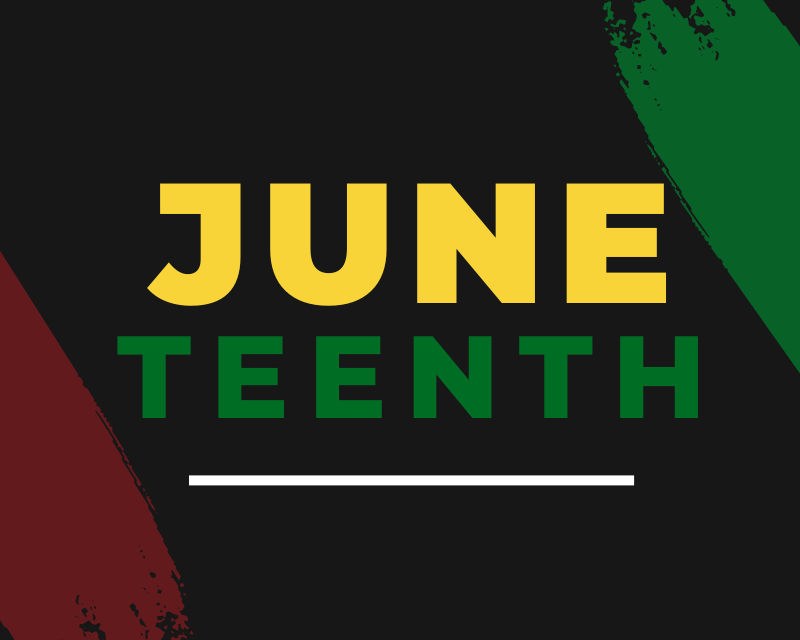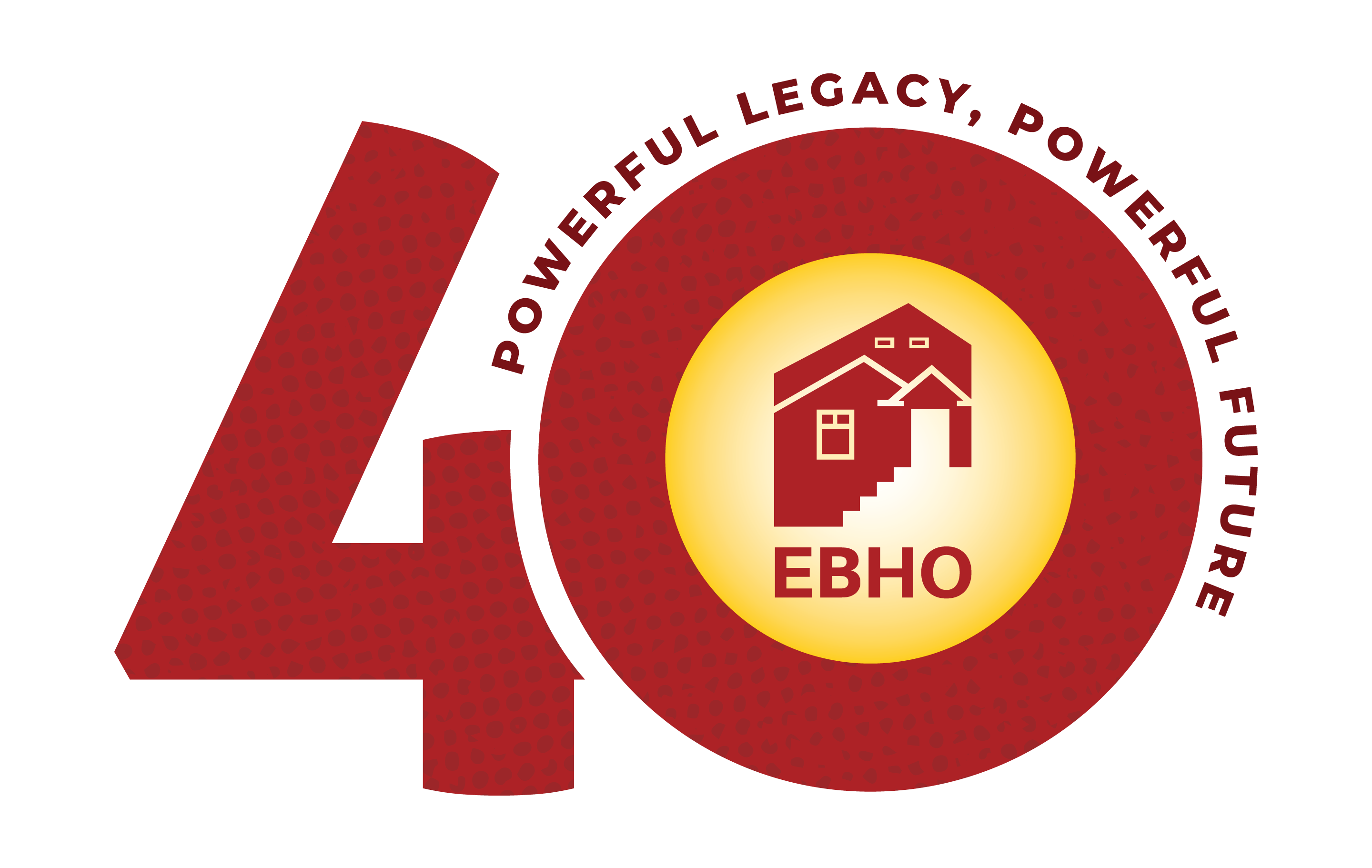
What is Juneteenth?
The Emancipation Proclamation was signed by President Abraham Lincoln in 1863 to legally end slavery in the seceded southern States, but the order could not be fully implemented in places still under Confederate control. As such, enslaved people in the westernmost Confederate state of Texas would not be free for another two and a half years. On June 19th, 1865, two thousand Union troops arrived at Galveston Bay, Texas to deliver the news to 250,000 enslaved Blacks that they were free!
Juneteenth marks the second Independence Day of our country. We fly the colors high and proud to commemorate this day: red for the blood that unites us and was shed from our ancestors, black for our beloved Black brothers and sisters, and green for the grassy, fertile plains in Africa.
While some Black Americans have celebrated Juneteenth for generations, others were never taught about the holiday or its history. The history of Juneteenth is not taught in most public schools, and large swaths of the country are not taught accurate information about slavery, the confederacy, or systemic racism. Public recognition for Juneteenth grew after “Black Lives Matter” was elevated into a national demand for justice in 2020, following the murder of George Floyd. In 2021, President Joe Biden signed legislation declaring Juneteenth a federal holiday.
As the American public continues to grapple with how to talk about slavery, the national recognition of Juneteenth is a welcome step to acknowledging the harmful way America was built and its lasting effects today, and how we can all do our part to achieve Black liberation and joy.
After all, Black liberation is everyone’s liberation.
Upcoming Events
We encourage people of all backgrounds to learn more about their neighbors and build connections to better understand why we are still fighting for Black liberation.
Check out these celebrations across the Bay Area this weekend and throughout the month of June:
- 6/16 – Oakland Interfaith Gospel Choir Celebration (Oakland)
- 6/17 – Black Liberation Walking Tour (Oakland)
- 6/17 – 36th Annual Berkeley Juneteenth Festival (Berkeley)
- 6/17 – Richmond’s Juneteenth Family Parade (Richmond)
- 6/17 – Freedom Day at the Museum of the African Diaspora (San Francisco), San Francisco
- 6/17-19 – Let Freedom Ring Contra Costa Juneteenth Celebration, Antioch
- 6/18 – Juneteenth Celebration Hike, Fremont
- 6/18 – Pleasant Hill Juneteenth Celebration, Pleasant Hill
- 6/18 – Juneteenth: A Freedom Celebration, Antioch
- 6/24 – 16th Annual Juneteenth Bay Area Close-Out Celebration, Oakland
- 6/25 – Honoring the Past, Inspiring the Future, Concord
Resources
Take this holiday as a chance to learn, then use your knowledge to affect real change!
📚📖 – To Read
- Study Room: The Path to Housing Inequality – This Study Nook is a deep dive into how wealth accumulation and the housing market are rooted in slavery – a painful and necessary truth to recognize and confront if we are to create a future of housing that values Black life and homes.
- The Case For Reparations – essay by Ta-Nehisi Coates in The Atlantic that draws a clear line from slavery to housing discrimination, and how America may reckon with our compounding moral debts.
- The Color of Law – Richard Rothstein argues how segregation in America is the byproduct of explicit government policies at the local, state, and federal levels.
- Affordable Housing as Local Reparations for Black Americans: Case Studies – the Othering and Belonging Institute illuminates the activism, parameters, and intended outcomes of reparative housing programs.
- Juneteenth Reading List – compiled by the Smithsonian National Museum of African American History & Culture, containing enlightening and informational works of memoirs, fiction/nonfiction, and poetry written by Black authors and poets.
🎥🍿 – To Watch and Listen
- Podcast: 1619, “Episode 2: The Economy that Slavery Built” – 1619 is a New York Times audio series hosted by Nikole Hannah-Jones. This episode explores how the institution of slavery turned a poor, fledgling nation into a financial powerhouse.
- Video: How Redlining Shaped Black America As We Know It | Unpack That – video by The Root connecting Reconstruction to the government-sanctioned policy of redlining and present-day home ownership and wealth inequality.
✊❤️ – To Act
- Tour Black-Owned Businesses in Oakland – take a walk through Downtown and Uptown Oakland to explore just a few of the many Black-owned businesses, galleries, and landmarks.
- Oakland Black Led Organizations – learn more about and support the work being done by local Black-led organizations.



